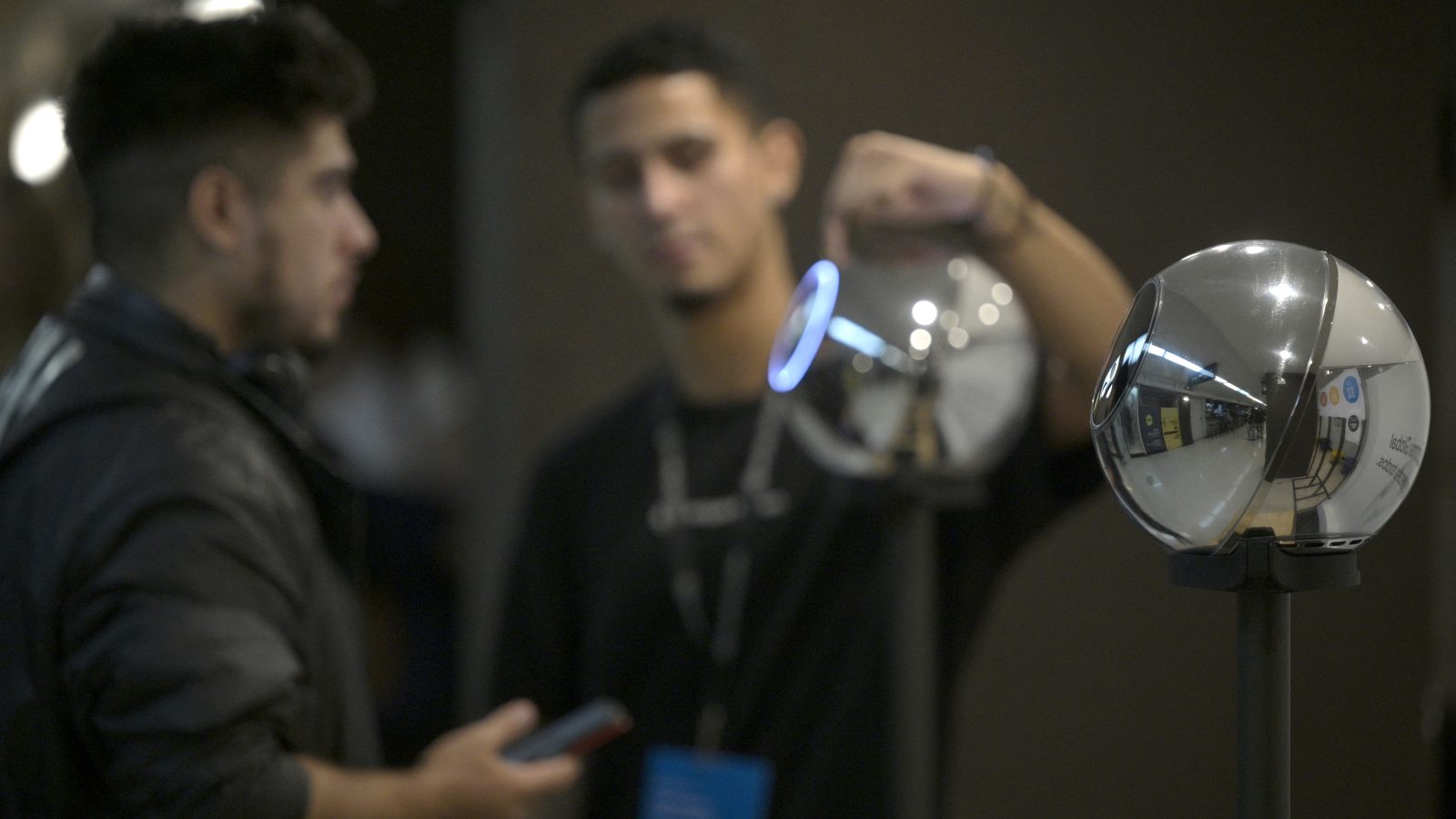Worldcoin may not be legal in Colombia, but that’s not stopping it

🌈 Abstract
The article discusses the launch of the biometric cryptocurrency project Worldcoin in Colombia, operated by the company Tools for Humanity (TfH). It covers the company's efforts to convince Colombian authorities and the media that its iris-scanning operations are safe and secure, as well as the ongoing investigation by the Superintendency of Industry and Commerce (SIC) into whether Worldcoin's practices comply with Colombian data protection regulations.
🙋 Q&A
[01] Worldcoin's Launch in Colombia
1. What happened when Worldcoin launched its operations in Colombia?
- TfH, the company co-founded by Sam Altman to support Worldcoin, hosted two flashy events to give journalists and crypto enthusiasts an exclusive look at its controversial iris-scanning orbs.
- Within 36 hours of the launch on May 30, 1,000 Colombians got their irises scanned, and there are now 19 orb locations across four cities in Colombia.
- However, the Colombian authorities are not convinced, and the SIC has launched an investigation into whether Worldcoin adheres to Colombian regulations.
2. What are the concerns raised by Colombian authorities and experts regarding Worldcoin's operations?
- The SIC is investigating whether Worldcoin's iris scanning "does not entail the collection of sensitive data," which is defined by Colombian law as information that can be used to discriminate against a person.
- Data protection experts doubt that Worldcoin's process, which involves iris scanning and an app to validate each person's identity, complies with Colombian law's requirements for explicit authorization, explanation of data use, and not using the data for anything else.
- There are concerns about whether TfH will have a local branch in Colombia or run the operation from its headquarters in Germany and the U.S., which could make it difficult for authorities to enforce any measures against the company.
3. How did TfH try to pave the way for its operation in Colombia?
- TfH sought the services of a lobbying firm, Orza, to arrange meetings with authorities and regulators to convince them that the technology was safe and complied with local regulations.
- TfH also met with the SIC before the launch date to "introduce themselves and tell us what they wanted to do," according to the SIC's data protection delegate.
- However, some experts frowned upon TfH's lobbying efforts, suggesting that the authorities may have accepted the company's operations without a full understanding of the implications.
[02] Worldcoin's Global Challenges
1. What challenges has Worldcoin faced in other parts of the world?
- Worldcoin has faced backlash for violating privacy laws in many parts of the world. At least four countries and territories have blocked the company, in some cases only temporarily, after it started operations, and six others have started investigations over its use of personal data.
- In South America, authorities in Argentina, Chile, and Peru have begun their own inquiries into whether TfH complies with local regulations. In Brazil, where Worldcoin halted operations in 2023, the country's data protection agency said it would evaluate if an investigation were required.
2. What are the concerns raised by experts about Worldcoin's operations in Colombia?
- Data protection experts doubt that Worldcoin's process, which involves iris scanning and an app to validate each person's identity, complies with Colombian law's requirements for explicit authorization, explanation of data use, and not using the data for anything else.
- There are concerns about whether TfH will have a local branch in Colombia or run the operation from its headquarters in Germany and the U.S., which could make it difficult for authorities to enforce any measures against the company.
3. What are the potential consequences if the SIC's investigation finds TfH responsible for data protection breaches?
- If the SIC inquiry finds TfH responsible for data protection breaches, the company could be fined or ordered to suspend its operation in the country.